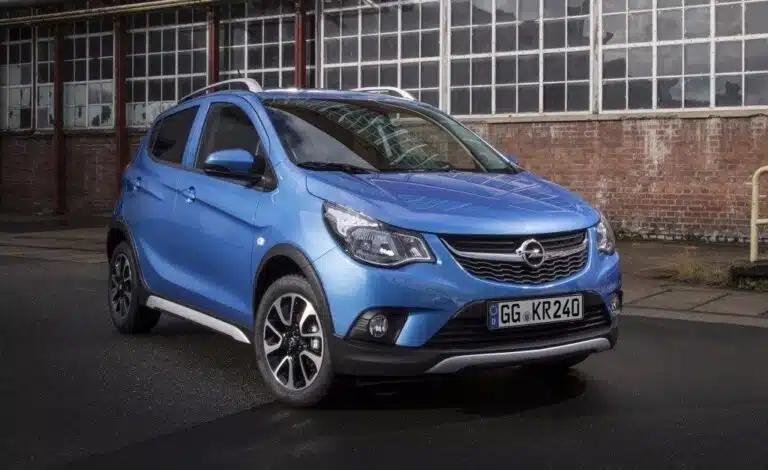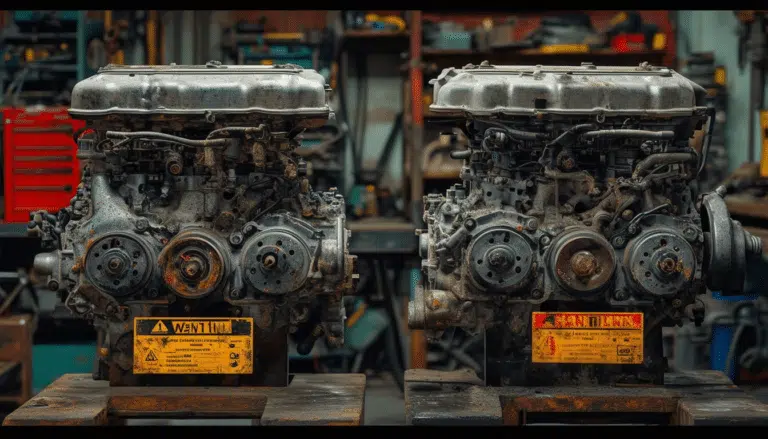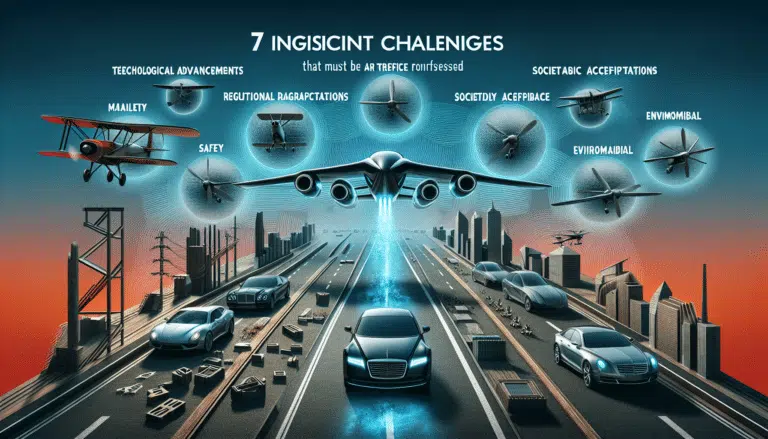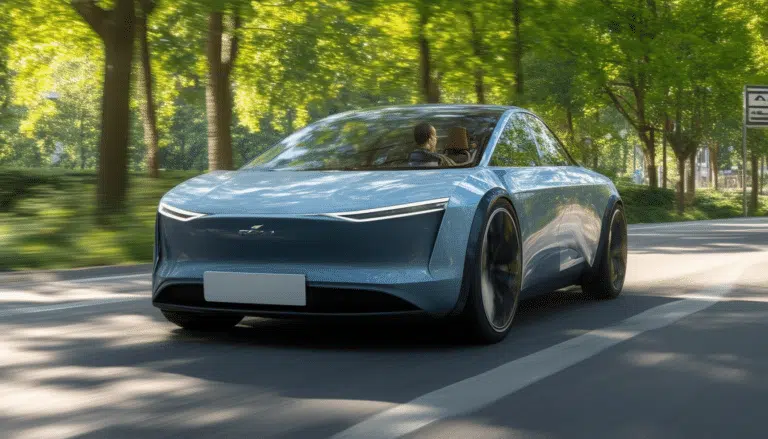Recommendations for efficient and economical driving

Efficient and economical driving has become a fundamental necessity in the current context, not only because of the rising fuel costs but also due to the environmental impact generated by the use of vehicles. Adopting driving practices that minimize fuel consumption is essential to contribute to sustainability and take care of the planet. Below are various recommendations that allow for optimizing vehicle performance, promoting a more conscious and responsible form of driving.
Efficient driving is fundamental to reducing fuel consumption while also decreasing environmental impact. Implementing certain driving practices not only helps save money but also contributes to a healthier environment. Below are several recommendations that can be easily adopted by any driver to improve their driving style and achieve significant fuel savings.
Smooth driving techniques
One of the keys to efficient driving is adopting a smooth driving style. This involves avoiding rapid accelerations and sudden braking. Maintaining a constant speed not only reduces fuel consumption but also improves road safety. By anticipating traffic conditions, one can adjust speed and maneuvers without the need for abrupt braking.
In addition, it is advisable to use the gears appropriately. Driving in higher gears whenever possible will help keep the engine at a more efficient speed. In this regard, shifting to a higher gear at the right moment can make a significant difference in fuel savings.
Vehicle maintenance
Proper maintenance of the vehicle is crucial to optimize its performance. Conducting periodic checks, such as oil changes and checking air and fuel filters, ensures that the engine operates more efficiently, which translates to lower fuel consumption.
It is also important to check tire pressure, as under-inflated tires increase rolling resistance and, therefore, energy consumption. Keeping tires inflated to the recommended pressure not only helps save fuel but also extends their lifespan.
Strategic use of air conditioning
The use of air conditioning can significantly increase fuel consumption. For short trips and urban routes, it is preferable to open the windows instead of using the air conditioning. However, on high-speed highways, it is more efficient to use the air conditioning than to open the windows, as the latter can increase wind resistance and, therefore, gasoline consumption.
Route planning
Efficient route planning also plays a very important role. Using apps that provide information about traffic and road conditions can help avoid congestion and find the shortest path. This not only saves time but also reduces engine idling time, which translates to lower fuel consumption. It may also be worth considering traveling at times when traffic is lighter.
Driving in optimal conditions
Weather conditions can affect vehicle performance. It is advisable to avoid driving in extreme weather conditions, such as severe storms or snow, as this can increase fuel consumption. If possible, choosing days with favorable weather conditions for long trips can contribute to better performance.
Education and awareness about fuel savings
Finally, education and awareness about fuel savings are fundamental. All drivers should be informed about sustainable driving practices and how they affect their long-term expenses. There are multiple resources available to learn about the topic and implement them in daily life. For more information, resources on education and awareness about fuel savings, technology and its role in reducing fuel expenses, and the impact of speed on gasoline consumption can be consulted.
Achieving efficient and economical driving is crucial for both the driver’s economy and the sustainability of the environment. Implementing simple and effective practices can make a significant difference in fuel consumption and the overall condition of the vehicle.
To start, it is essential to avoid both sudden braking and quick accelerations. Driving smoothly and steadily allows the engine not to strain excessively, thereby reducing fuel consumption. Adopting a uniform speed greatly contributes to improving consumption efficiency.
Furthermore, gear changes should be made at the right time. Using higher gears at moderate speeds can further optimize fuel economy. It is also advisable to use first gear only to start the vehicle’s movement and shift to higher gears as soon as possible.
Another important tip is to turn off the engine when stopped for extended periods. This avoids unnecessary fuel consumption and, in turn, prolongs the engine’s lifespan. Additionally, maintaining a safe distance from other vehicles allows for anticipating movements, which reduces the need for abrupt braking.
Finally, regular vehicle maintenance, including tire and brake system checks, is crucial. Well-inflated tires not only improve safety but also contribute to lower gasoline consumption. With these recommendations, not only is vehicle performance optimized, but a culture of sustainable mobility is also promoted.






